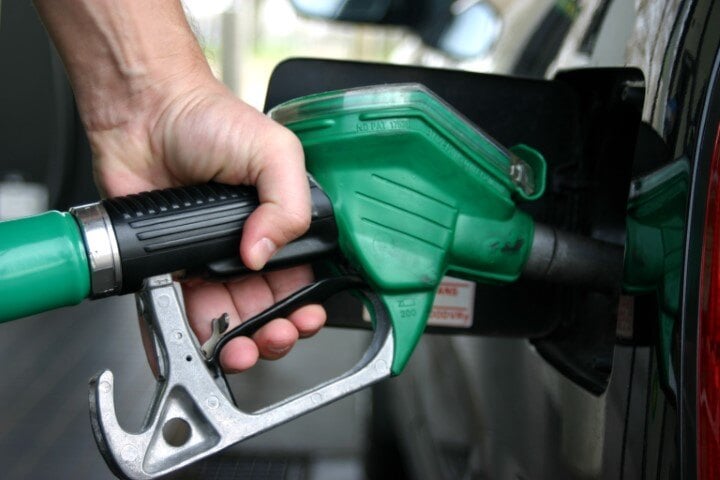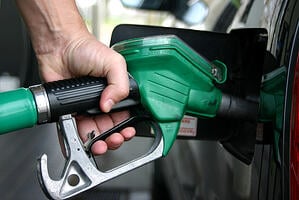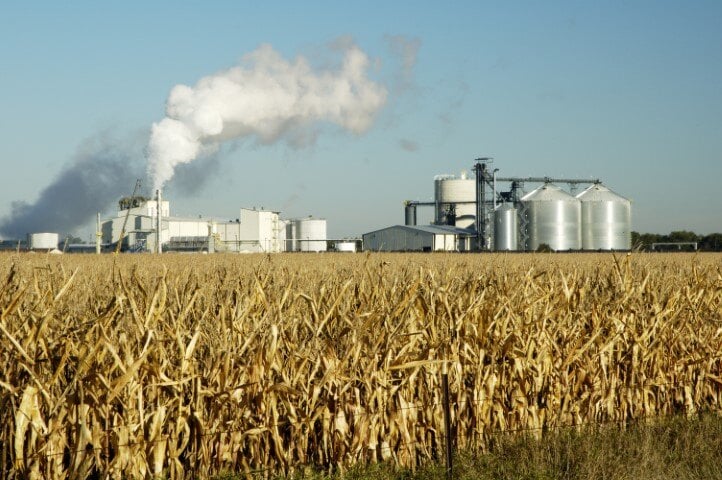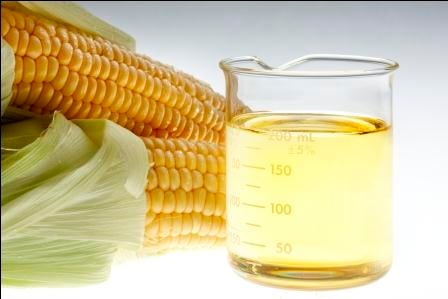Can an ethanol removal additive live up to its name?
There's a little bit of confusion among consumers out there concerning the "ethanol in gas" issue. Specifically, what additives can or will do about...

It doesn't take much time spent in the auto parts store to come to the conclusion that, well, there's just so much junk out there. Who has time to sort through it all? Talking of course, about gas additives. And in today's world, gas additives mean ethanol additives. As mentioned in another recent article on small engine additives, the market has finally shown signs of catching up to consumer demand, as evidenced by the flood of new products on the shelves and (more telling) lots of new advertising on TV and radio by stalwarts like Sta-Bil hawking new and revolutionary ethanol treatment formulations. It makes one wonder what took them so long.
 The consumer standing in front of a row of bottles doesn't necessarily care about all that. But they might want a little help in making the right decision. All of the bottles say one version or another of the same basic thing - 'stabilizes ethanol', 'prevents phase separation', 'protects fuel systems', 'prevent ethanol damage'.
The consumer standing in front of a row of bottles doesn't necessarily care about all that. But they might want a little help in making the right decision. All of the bottles say one version or another of the same basic thing - 'stabilizes ethanol', 'prevents phase separation', 'protects fuel systems', 'prevent ethanol damage'.
But if they all say the same thing, how can they all be the best unless they all really are the same (which they aren't)? Having been around for 105 years, we've seen a few things come and go in the industry. And there are a few differences to pay attention to.
Any reputable ethanol treatment is going to have to address the water absorption issue. That's why most of them say they do just that. Alas, you know what we're going to say - not all of them actually do. And many of the ones that attempt to do so will simply use more alcohol in their formulation. Readers of this blog know the concept well - if ethanol absorbs water, how is adding more alcohol to absorb more water a good thing, since alcohol is causing the problem?
The solution to this is in seeking out a non-alcoholic formulation that still controls water absorption and phase separation, but does it without alcohol. Since alcohol is cheap, it's popular to use. Which makes finding the best formulation that doesn't simply use more alcohol to do the job is the challenge.
How do you know it has alcohol in the bottle? To a certain extent, you're a captive to the information disclosed by the company. But you can inspect the label and keep an eye out for chemical words that end in '-ol'. That's the chemistry designation for alcohol. Most likely, it won't be as straight forward as seeing 'isopropyl alcohol' on the label. It might be something like 'dimethylcarbinol' or even 'methylated spirits'. If you're not sure, whip out your smart phone and search for the word. You can find important information like that really quick these days.
One way to hook an unsuspecting buyer is to present an proposition that seems too good to be true. Fuel additives are coming in smaller and small packages, to the point where you might only have to put a few drops in your tank to get 5 or 6 or 17 awesome benefits for your money. Or at least that's what they're telling you.
The truth is, depending on what exactly is being claimed, a few drops of something simply don't impart enough active ingredients to do anything meaningful in your engine. And if you're supposed to be getting multiple benefits, you have to add up all the partial volumes needed to do what's being claimed. This means an additive thats claiming to clean the engine and fuel system, raise octane and cetane, give you better gas mileage and control water in diesel or ethanol fuel - you're probably not to get meaningful results if the formulation is something miniscule like 1 ounce to 30 gallons. A multifunction that's actually effective will probably have a treat rate close to 1 oz to 10 gallons or higher.
Breezing through the DMV - that's something which is too good to be true. And there are plenty of "too good" claims in the additive industry, which is a large part of why the industry has a bad reputation. The simplest and most recognizable "too good" claims for a fuel additive is that it will do something like actually remove ethanol from E10 and E15 gas.
This is something that absolutely positively no good fuel additive will do. I mean, if you really wanted to reverse-engineer all the ethanol out of the gasoline, you could just add a bunch of water to it and cause it to phase separate. Of course, you wouldn't want to do that because you'd lose a large part of the octane from the gasoline, along with other issues.
But we still get questions from people asking about, say, Ethanol Defense and what it will do for them. We've tried to make it clear that Ethanol Defense doesn't actually remove ethanol from gasoline, it just solves the problems ethanol causes. Sometimes, no matter how clearly you think you state something, someone else is always to surprise you. So we still get occasional questions asking us to prove how Ethanol Defense removes ethanol from gas.
So if you happen to find a fuel treatment that DOES claim to remove ethanol from gasoline, it's your lucky day. Because they're made the choice easy for you there. You know that you've found a dud there and you don't have to spend any more valuable time trying to figure out if that particular additive is worth spending your hard-earned money on.

There's a little bit of confusion among consumers out there concerning the "ethanol in gas" issue. Specifically, what additives can or will do about...

2012 was really the year that the whole country found out what it was like to run on ethanol all year long. Most of this was 10% ethanol but the...
Classic car owners love their vintage cars. Most owners know their engines inside and out - fuel tank, fuel line, carburetor, spark plugs, ignition.